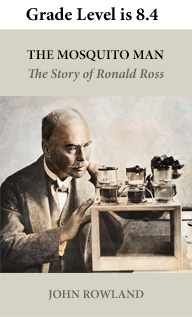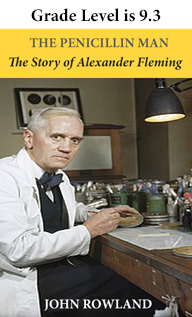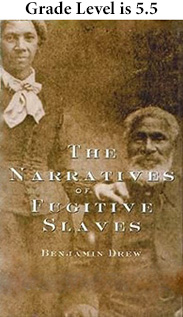The Mosquito Man: The Story of Ronald Ross by John Rowland
The epub format below is for your Apple and Android devices including Send-to-Kindle.
As you may know, Amazon has changed to the epub format to use with the Send-to-Kindle program. A great feature of the Send-to-Kindle program is that the file will go directly to your Library folder, and not have to be searched for in ES File Explorer or another app. If you use the mobi format in Send-to-Kindle, you will now get an error message. You can see instructions about Send to Kindle at https://www.amazon.com/gp/sendtokindle/email.
If you or your students want to download directly from this web site to an Amazon device, you can use the mobi format below. When you find the mobi file in ES File Explorer, it will then open in the Kindle app on your tablet. If you download an epub file to your Amazon tablet, it will also open if you have an app such as Overdrive on your tablet. The Kindle app offers an excellent reading experience to start with. Overdrive may need some customization of font size.
Download mobi file here.
Ronald Ross always remembered his childhood in India, and his father King on the veranda, groaning with fever—malaria fever. Who, in those days, dreamed that this deadly disease was caused by the little, biting mosquitoes that were such a nuisance wherever there was water for them to breed in?
Years later, Ross returned to India as a doctor, and made a great discovery that was to be of value to the whole world—that the germs of the lever that had so affected his father breed in the stomach of mosquitoes, which act as a sort of miniature hypodermic syringe to carry malaria from sick men to healthy ones.
Here is the fascinating story of how Sir Ronald Ross brought the malaria menace under control. In 1902 Ross was awarded the Nobel Prize for Medicine; 1926 marked the opening of the Ross Institute and Hospital for Tropical Diseases. And today, in Malaya, in Africa, in India, in China, in Japan—wherever there is malaria, Sir Ronald Ross will be remembered gratefully, because he showed men how to conquer a killing disease.



